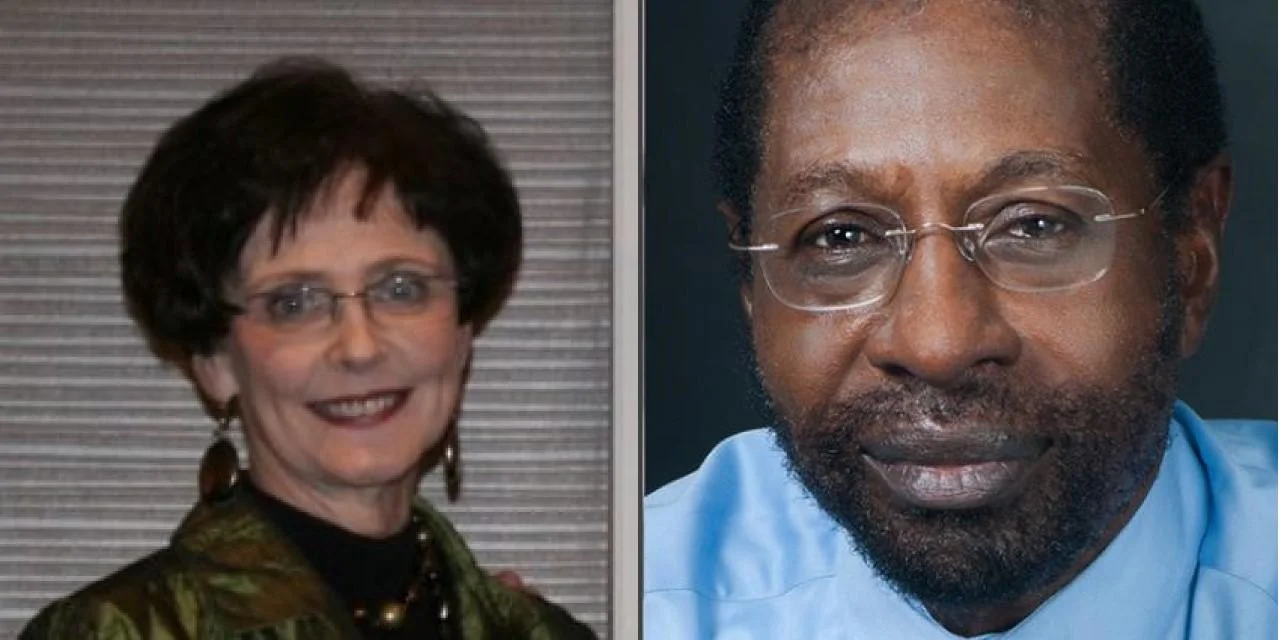As ballots continue to be counted, two prominent Cook County judges marked by recent scandals appear poised to win new six-year terms on the county's bench.
Another controversial Cook County judge, however, appears to be falling short in his bid to retain his spot on the bench.
According to unofficial tallies posted by the Cook County Clerk's office and the Chicago Board of Elections as of Friday evening, Nov. 8, Cook County Judge Shannon O'Malley, formerly known as Phillip Spiwak, appeared to be falling short of the threshold needed to win a new term.
In the general election this fall, voters in Cook County were asked whether to retain 78 judges on the Cook County Circuit Court. Voters were asked only to vote "Yes" or "No" for each judge.
For a judge to secure retention, at least 60% of voters must vote "Yes" for that judge. Judges retained would secure a new 6-year term on the bench.
Since Election Day, Tuesday, Nov. 5, while some judge candidates have come close to failing, 77 of those 78 judges have persistently remained poised to win retention.
Retention winners notably appeared to include some judges who have been touched by scandal in recent weeks, including judges Kathy M. Flanagan and E. Kenneth Wright.
According to unofficial tallies, Flanagan had secured 63.5% of the vote from those casting ballots on the question; and Wright had 62.4% voting "Yes."
O'Malley, however, has spent most of the past week hovering just below that 60% threshold. According to unofficial returns, O'Malley stood at 59% voting "Yes," as of Tuesday, Nov. 12. That would place him about 8,870 votes short of winning retention, according to Cook County Record estimates.
Other judicial retention candidates who have so far failed to collect more than 65% voting "Yes" include: Lisa Ann Marino, with 64.9%; and Ieshia Gray, with 61.6%.
The Chicago and Cook County results represented returns from all precincts. However, local election officials are continuing to count ballots.
Under Illinois law, election authorities must also still count mail-in ballots received up to two weeks after Election Day. Thousands more ballots may yet be counted, but it is unknown how many may include votes for judge.
Flanagan, who has led the county court's Law Division, came under scrutiny earlier this year, when the Cook County Circuit Court's top judges asked a state judicial misconduct board to look into accusations against Flanagan stemming from an incident in her courtroom in which an attorney claimed a bailiff, reportedly at the judge's direction, had removed him from the courtroom and handcuffed him to a chair in a non-public hallway after the attorney questioned the judge's handling of a case.
The Illinois State Bar Association notably found Flanagan "not qualified for retention" in its evaluation of her candidacy.
Wright, who has served as the presiding judge over the county's First Municipal District since 2003, was identified in reporting by legal news publication Injustice Watch as one of two Cook County judges seeking retention who may live outside Cook County. Under the state constitution, judges are required to live in the county in which they serve.
The Injustice Watch report indicated that Wright claims a senior homestead exemption for a home in suburban Joliet in Will County. Injustice Watch noted Wright also claims two other residents in Chicago.
To claim a homestead exemption, however, a taxpayer must assert that the property is their primary residence.
The residency problems prompted organizations which evaluate judicial candidates, including the Illinois State Bar Association, to withdraw recommendations in favor of Wright's candidacy.
Some, however, said they believed Wright had furnished proof he had "corrected his tax exemption status" to reflect he properly lives in Cook County.
The Injustice Watch report also, however, notably identified Judge O'Malley as another judge who may actually not live in Cook County, as required.
Injustice Watch said their reporters found proof O'Malley actually lived in suburban Aurora, also in Will County.
In addition to residency concerns, O'Malley also faced past controversies.
O'Malley gained notoriety when he was first elected to the bench in 2018, when news reports noted O'Malley had legally changed his name from Phillip Spiwak to Shannon O'Malley in 2012 in an apparent nakedly transparent bid to win election by playing on Cook County Democratic voters' historic preference for judges with Irish-sounding names.
Injustice Watch noted in their report that, when reporters called the Aurora house in question to discuss the residency concerns, O'Malley's wife called him "Phil" when she spoke to him.
O'Malley allegedly was then overheard telling his wife, "Don't tell her I live here" and reportedly refused to speak to Injustice Watch at that time.
Judicial candidate rating agencies cited such ethical concerns, along with reported problems running his courtroom and shortcomings in his legal knowledge, in recommending against O'Malley's retention.
Since Election Day, Cook County's judicial leadership have also referred Wright and O'Malley to Illinois' Judicial Inquiry Board for further investigation of the residency claims against them. The JIB can then recommend the Illinois Courts Commission take further disciplinary action against the judges, as it may determine necessary.
